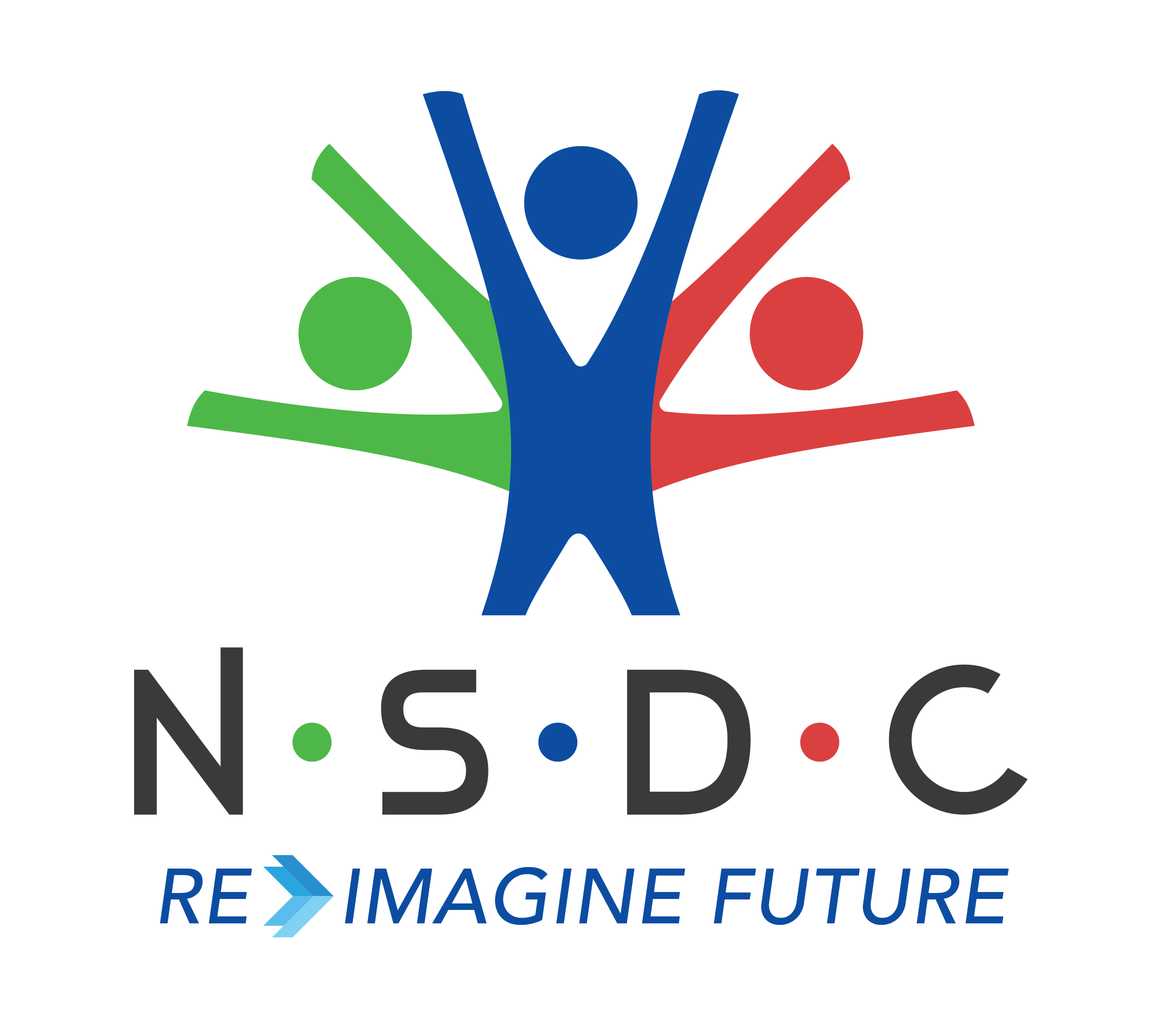Workshops and Masterclasses
Mapping and Reducing Carbon Footprint for Non-profit Organisation and Education Institutions
Hosted by
Masterclass by Corporate Responsibility Team and Climate Sustainability Team at EY GDS
Introduction
Carbon footprint refers to the total greenhouse gas (GHG) emissions produced directly and indirectly by an individual, organization, event, or product. These emissions contribute to global warming and climate change, which are among the most critical challenges facing humanity today. Non-profit and education institutions, despite their social objectives, can inadvertently contribute to carbon emissions through various activities such as energy consumption, transportation, waste generation, and more.
Tracking carbon emissions is essential for non-profit organizations that are implementing corporate social responsibility (CSR) initiatives for large organizations and working towards sustainable development goals for several reasons:
a. Supporting Sustainable Decision Making: Access to accurate carbon emissions data empowers non-profits to guide large organizations in making informed and sustainable decisions. By understanding their environmental impact, corporations can adjust their strategies to align with sustainable development goals and reduce their carbon footprint while creating social impact in their communities through their Corporate Social Responsibility Initiatives.
b. Contributing to Global Climate Goals: Large organizations have a significant influence on global carbon emissions. By tracking and reducing emissions through CSR initiatives, these organizations can contribute to broader efforts to combat climate change and achieve international climate goals.
The Need:
While the importance of addressing carbon footprints is well-recognized in the corporate world, Non-profit and education institutions often face unique challenges in measuring and mitigating their environmental impact. Limited resources, varying organizational structures, and diverse operational activities can make it difficult to prioritize sustainability efforts. Therefore, there is a pressing need to provide these organizations with the necessary knowledge and tools to effectively map and reduce their carbon footprints.
Objective:
The main objective of this session is to equip participants with the knowledge and tools to map and measure their carbon footprint and identify strategies to reduce their environmental impact in line with sustainable development goals.
Duration:
90 minutes
Mode of workshop:
In-Person
Target Audience:
The workshop is intended for representatives from non-profit organizations and education organizations actively working towards sustainable development goals and seeking to improve their environmental performance. Participants may include executive directors, program managers, sustainability coordinators, and other relevant stakeholders.
Workshop Agenda
- Understanding Carbon Footprint
- Carbon Footprint Mapping and Measurement - Activity based
- Strategies for Carbon reduction
Expected Outcomes
At the end of the workshop, participants will be equipped with the knowledge and tools to:
a. Understand the concept of carbon footprint and its relevance to their organization's sustainability goals.
b. Identify and prioritize carbon reduction strategies that align with their unique operational requirements.




